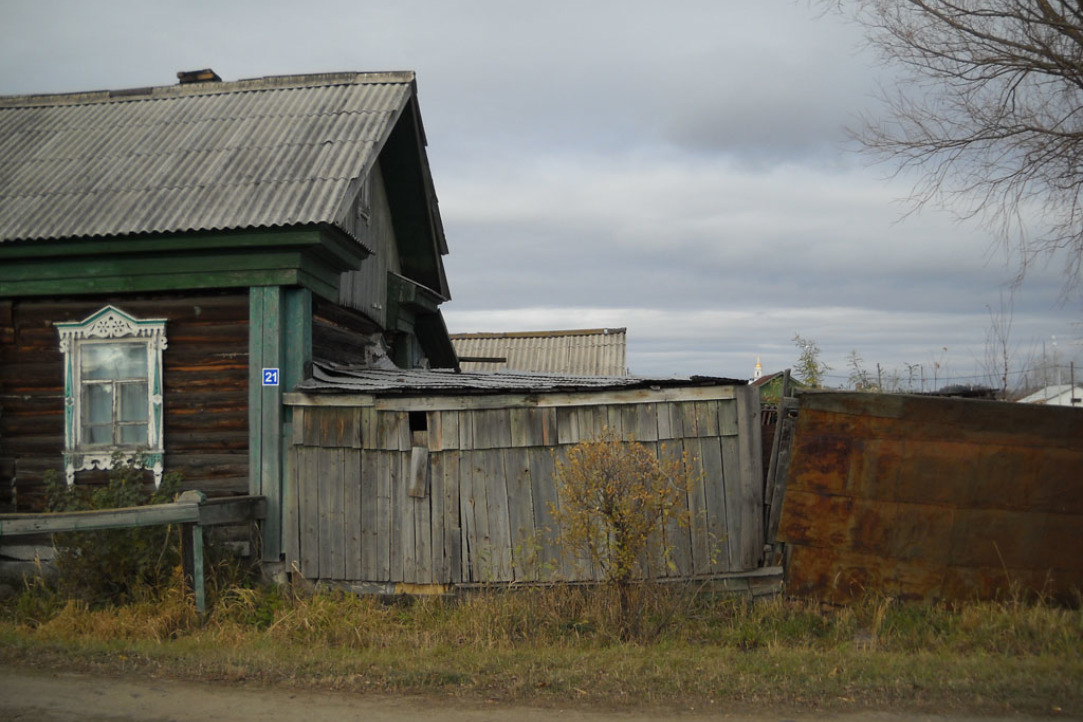
Russians Consider Themselves Poorer Than They Actually Are
Experts often blame income inequality for a wide range of social ills. They usually calculate its severity using special statistical indices drawn from official tax data or large-scale surveys of individual households. Such analyses create an objective picture and indicate the degree of inequality and the basic factors behind it.
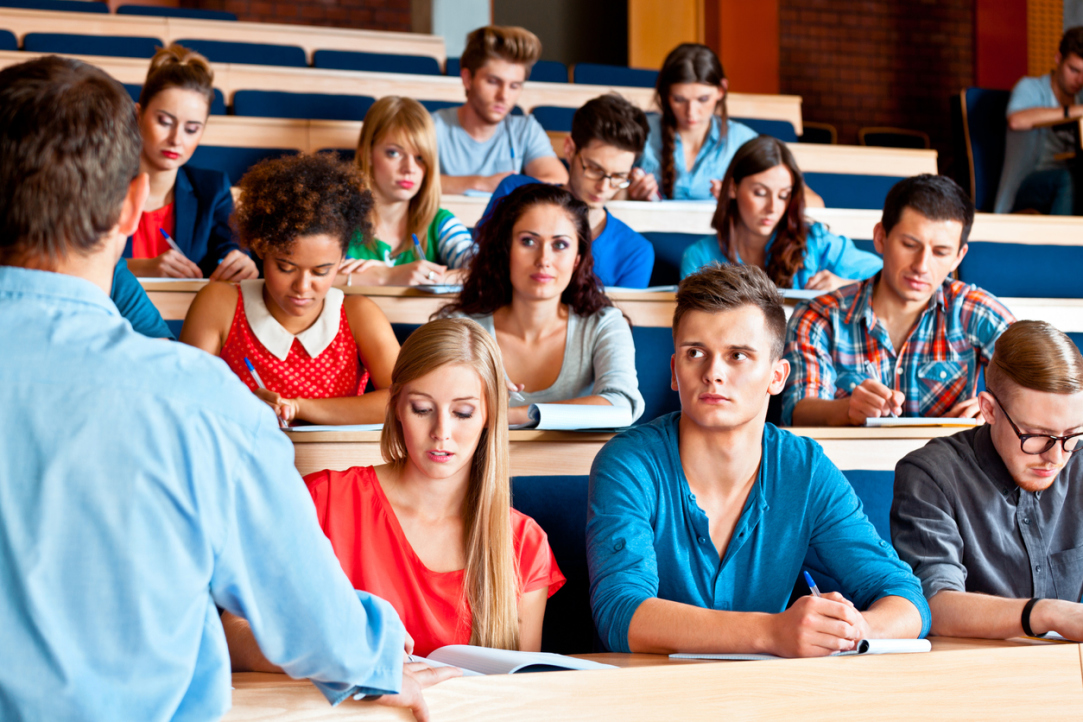
HSE University Launches Its First Combined Master's-PhD Track
HSE University is offering a new form of support for students who choose to pursue a career in academia – a combined Master's-PhD track. The competition is open for first-year master’s students in state-funded places. Sergey Roshchin, HSE Vice Rector, spoke about the interesting features of the combined track.
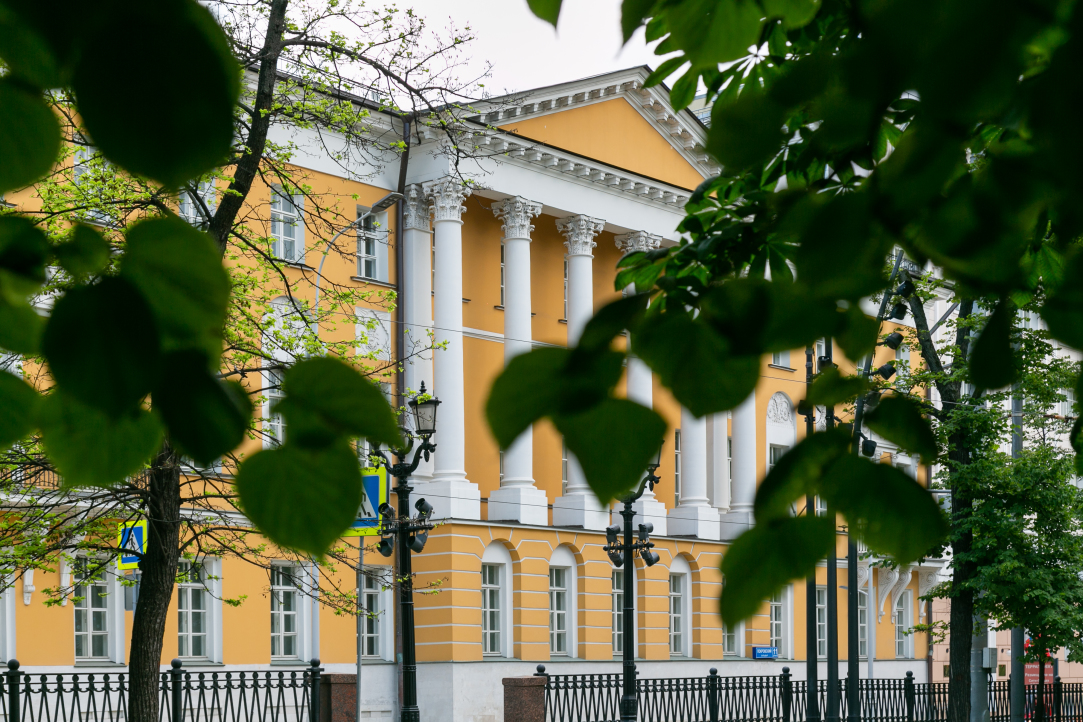
HSE University Ranks As One of Russia’s Top Entrepreneurial Universities
This year, the Expert Analytical Centre’s ranking of Russian entrepreneurial universities evaluated 46 universities, 18 of which are participants of Russia’s 5-100 Project. In the ranking, HSE, together with Moscow State University and St. Petersburg State University, took 2nd-4th places, while MIPT ranked first. The ranking’s methodology places special emphasis on startups launched by university graduates, the number of founding graduates at these companies, and the amount of investments these projects have received.
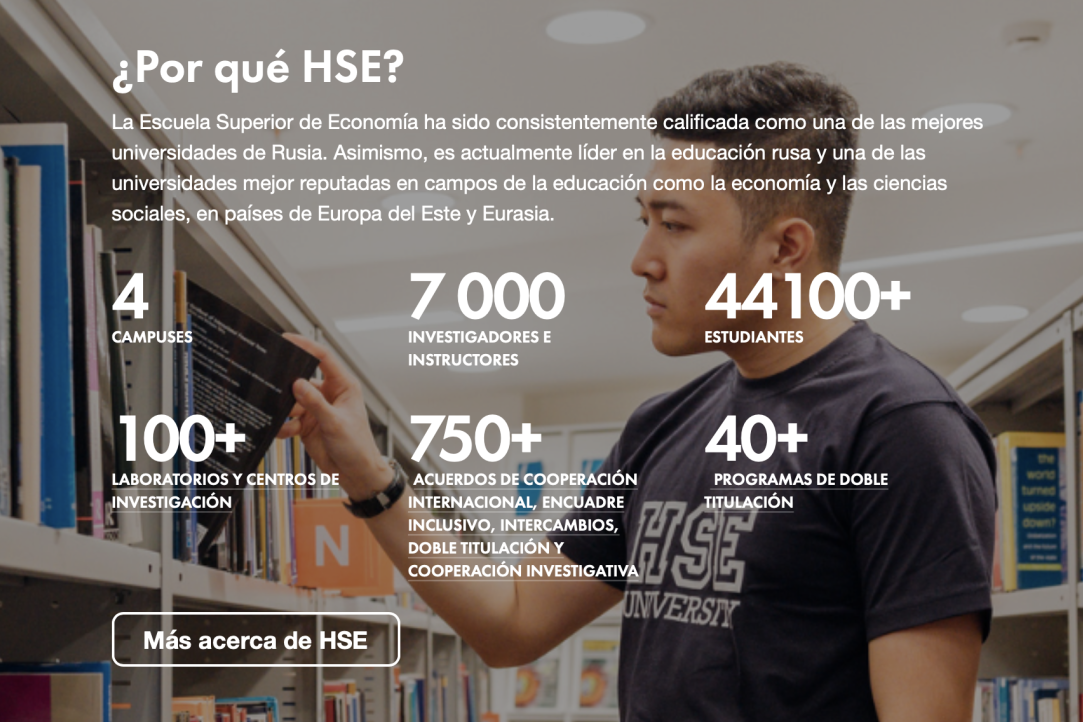
¡Bienvenidos! HSE University Launches Admissions Website in Spanish
HSE University continues to expand its online presence with the launch of a Spanish-language admissions website. Now the University is making it even easier for Spanish-speaking students to apply to one of Russia's best universities.
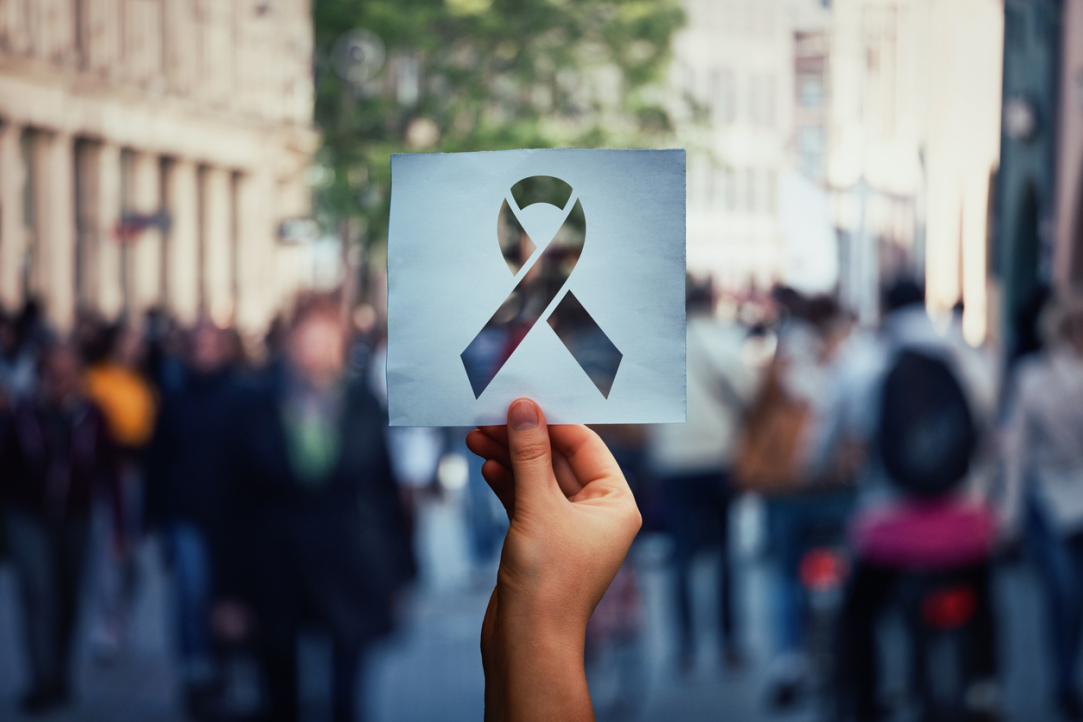
HSE University Researcher Develops Global HIV Prevention Index for Drug Users
People who inject drugs (PWID) are 24 times more likely to be infected with HIV than the rest of the population. Therefore, HIV and AIDS prevention policy among this group should be different. However, the question remains—how effective is it?
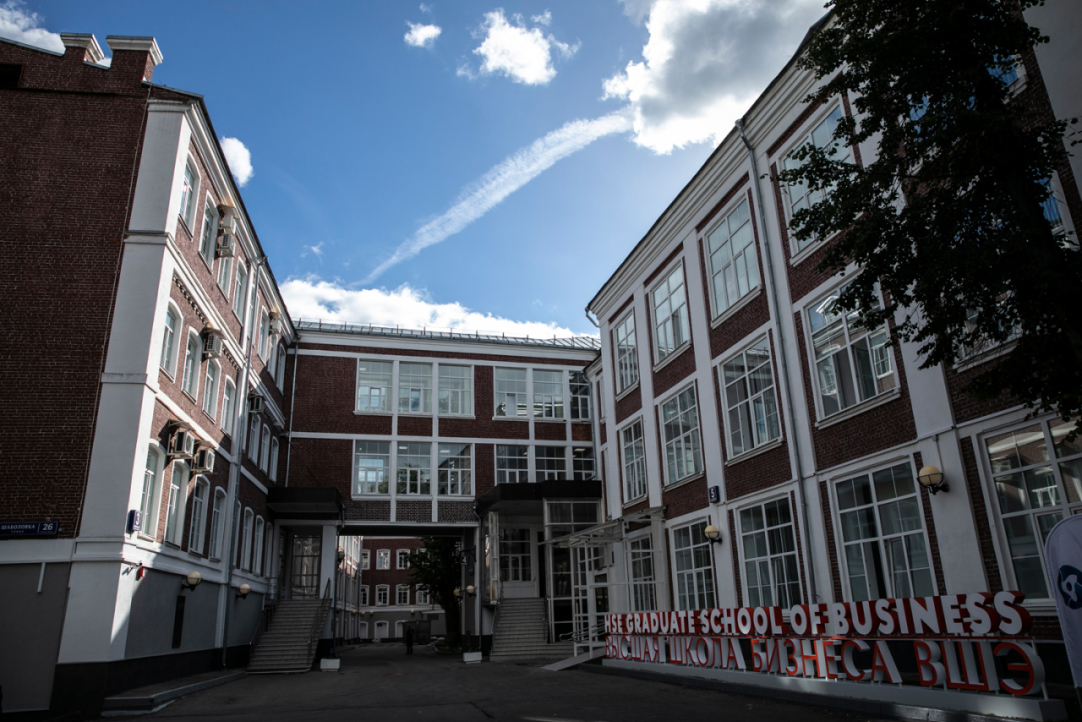
HSE Graduate School of Business Holds Fall Career Week
The HSE Graduate School of Business Career Centre held the traditional Fall Career Week and Job Fair, which took place online for the first time. 34 companies from different business sectors (consulting, finances, IT, FMCG, retail, and telecom) participated in the event. More than 63 representatives of different companies gave talks and master classes for GSB students.
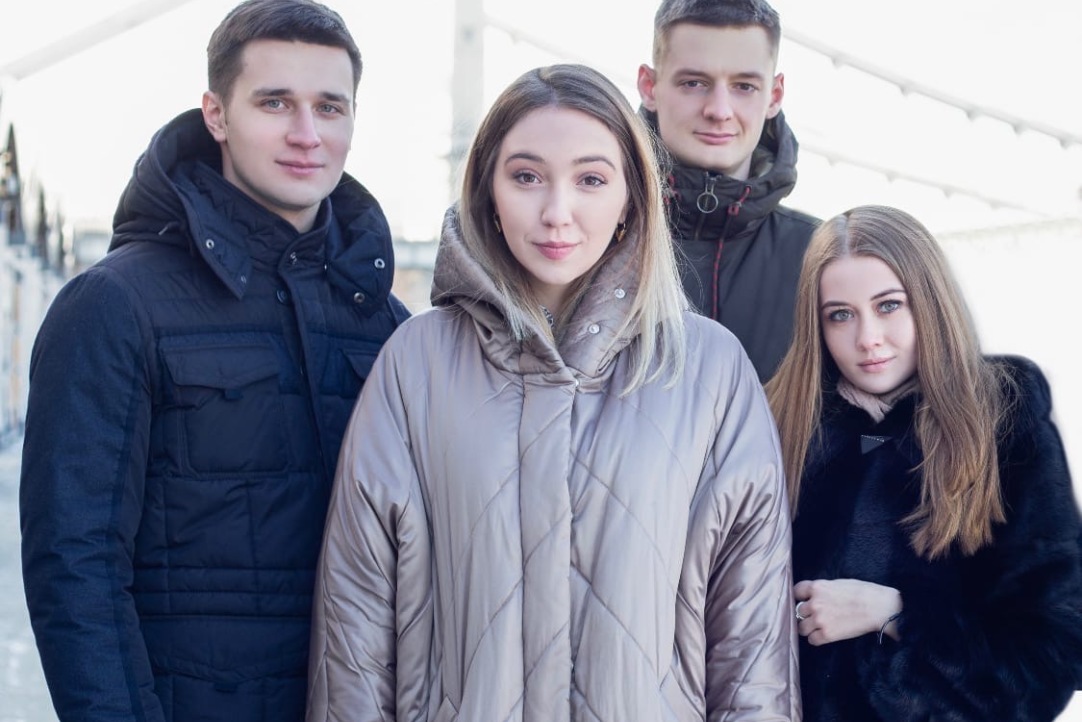
Students of HSE Graduate School of Business Win in Future Retail Challenge 2020
Students of the Master's programme in ‘Retail Management’ of the Graduate School of Business are the first Russians to win the Future Retail Challenge, an international competition in which national student teams compete. The competition is held as part of the World Retail Congress, which has been held since 2007. The winners were announced at the World Retail Awards.
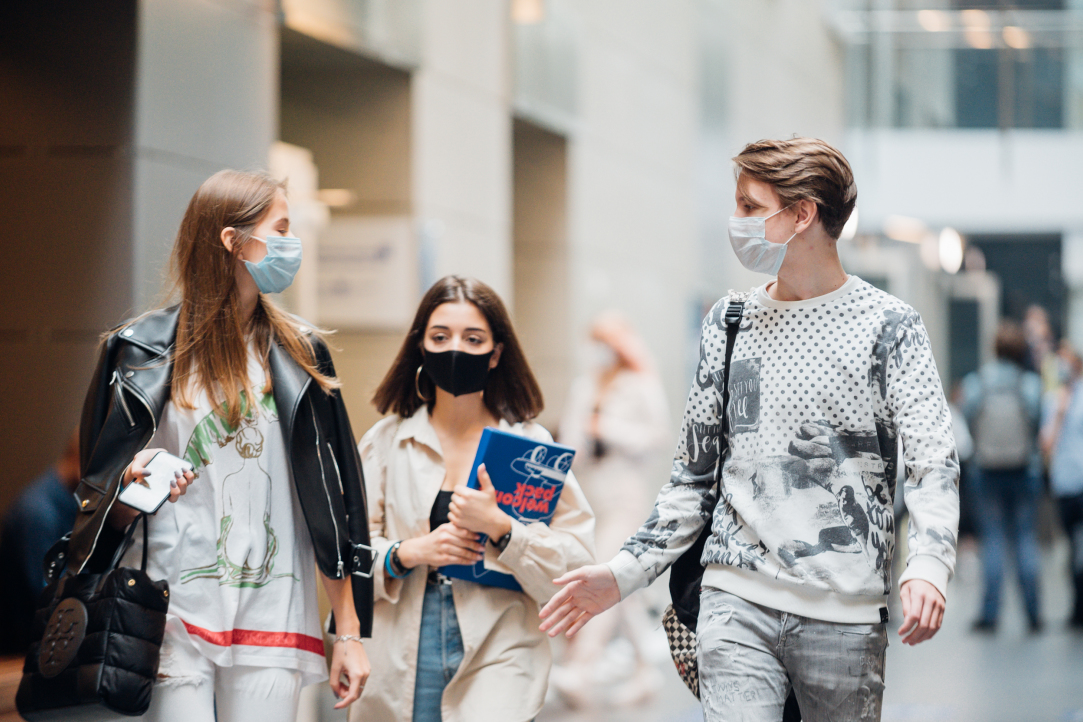
HSE Endowment Fund Exceeds 1 Billion RUB
As of September 30, 2020, HSE University’s endowment fund reached 1,054,203,380 rubles. According to data from 2019, HSE University ranks among the top three state universities in Russia in terms of assets.
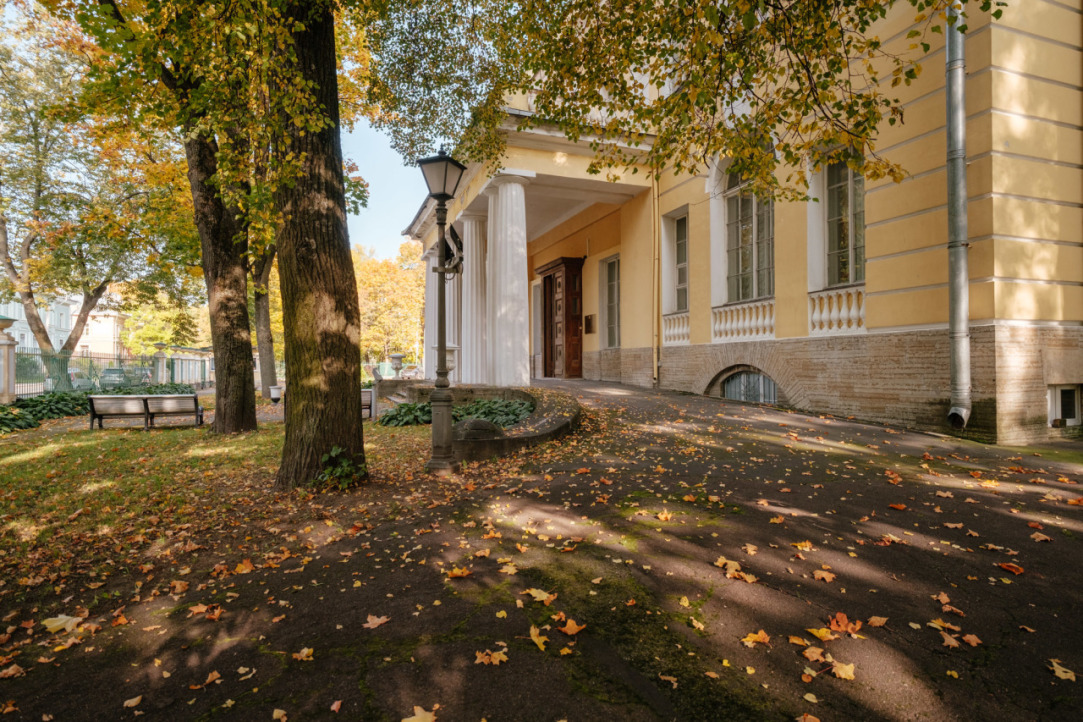
The Third Kotchoubey Readings: The Birth of a New Format for Digital Interactions
The Third International Kotchoubey Readings ended on October 9. Held online for the first time, this year’s event looked at ‘Digital Solutions for Private Collectors.’ Following are the topics the experts discussed and the results HSE students achieved.
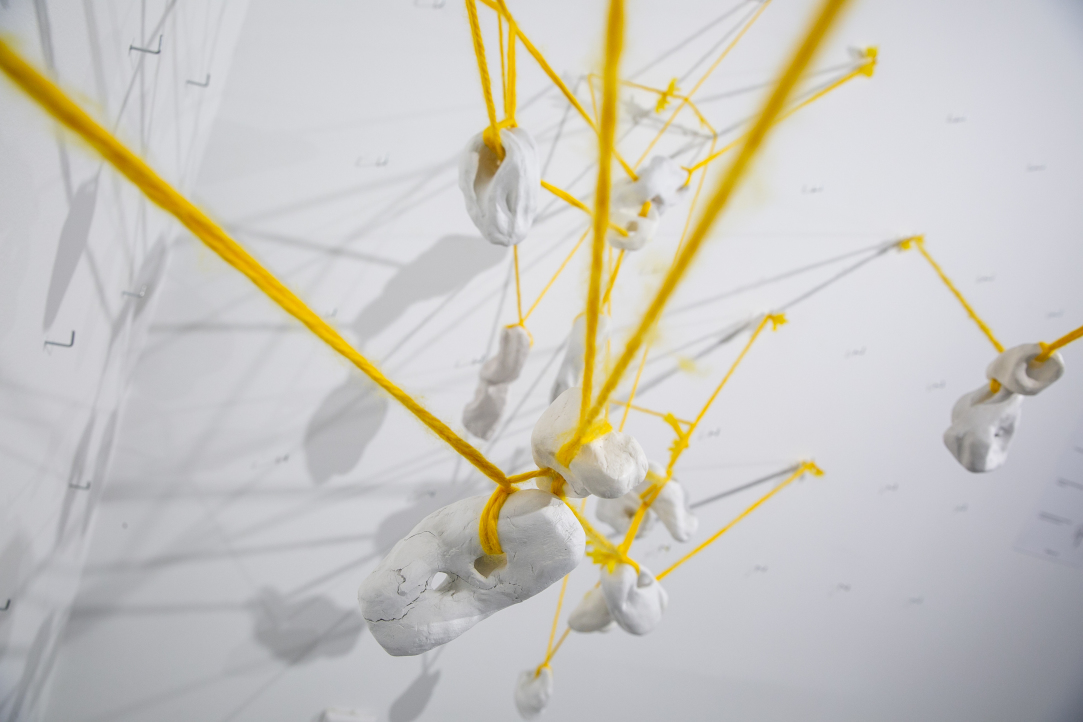
‘With My Installation, I Invite Viewers to Feel Like Kids’
The NOW exhibition, featuring works by alumni of the Design and Contemporary Art profile, will continue its run at the HSE ART GALLERY for one more weekend before it ends on October 11. HSE News Service spoke with the featured artists about how they answered the question ‘Who are we right now?’ and what they would like to convey to viewers with their work.


Applications are submitted until August 17, 2025